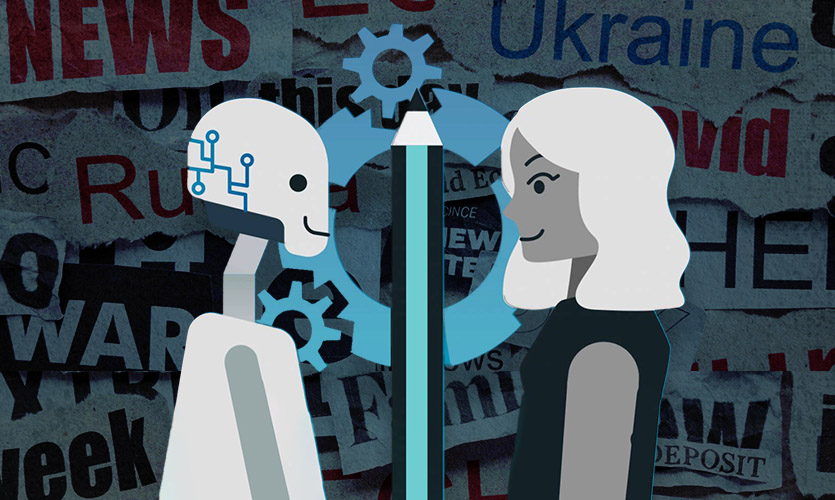The coronavirus pushed people into their homes and work from there. Globally, people changed the way they work, shop, socialise and more. And now, it seems like many employees are hoping that work-from-home sticks.
A Mavericks India report titled ‘Covid-19 and Beyond: An Evolving Perspective’ reveals that 54 per cent of Indian professionals prefer the work-from-home life. The responses, based on answers from 720 individuals, further reports that 34 per cent of individuals are also willing to take a 10 per cent salary cut to continue working remotely indefinitely.
The most common correlation to people willing to work from home is to save up on commute time to and from work in pre-COVID times. Several respondents also felt their productivity went up. In April 2020, 15 per cent claimed their productivity massively went up since working from home. While later, in October 2020, a whopping 56 per cent of respondents felt that their productivity had increased and worked from home was more beneficial.
However, what was interesting was the difference in responses between men and women of different age groups. About 80 per cent of older women (Gen X) preferred the idea of working remotely, as it gives them more time for chores, hobbies and saves up the commute time as well. However, out of the younger women (young millennials and Gen Z), 50 per cent claim to hate the concept of work from home.
While working from home is not necessarily popular, globally; another study reveals that those who work from home full-time are 22% happier than their counterparts who don’t have the option to work remotely. The reasons for this are increased productivity and focus, better work-life balance, less stress, and you even get to avoid your commute.
But are companies ready to have a significant number of their workforce working remotely indefinitely? After all, working remotely doesn’t just mean a change in environment. This is also going to require some solid skills to pull off.
Adaptability, time management and the ability to work well on teams are also skills you need if you’re part of today’s workforce. And, achieving all this remotely is a task.
With ‘social distancing’ being the new normal, working remotely may become a reality as several people are willing to avoid public transport, crowded offices and common spaces, large gatherings and events. However, there needs to be a check-in place, to ensure that the workforce has the skills to pull off working remotely.










